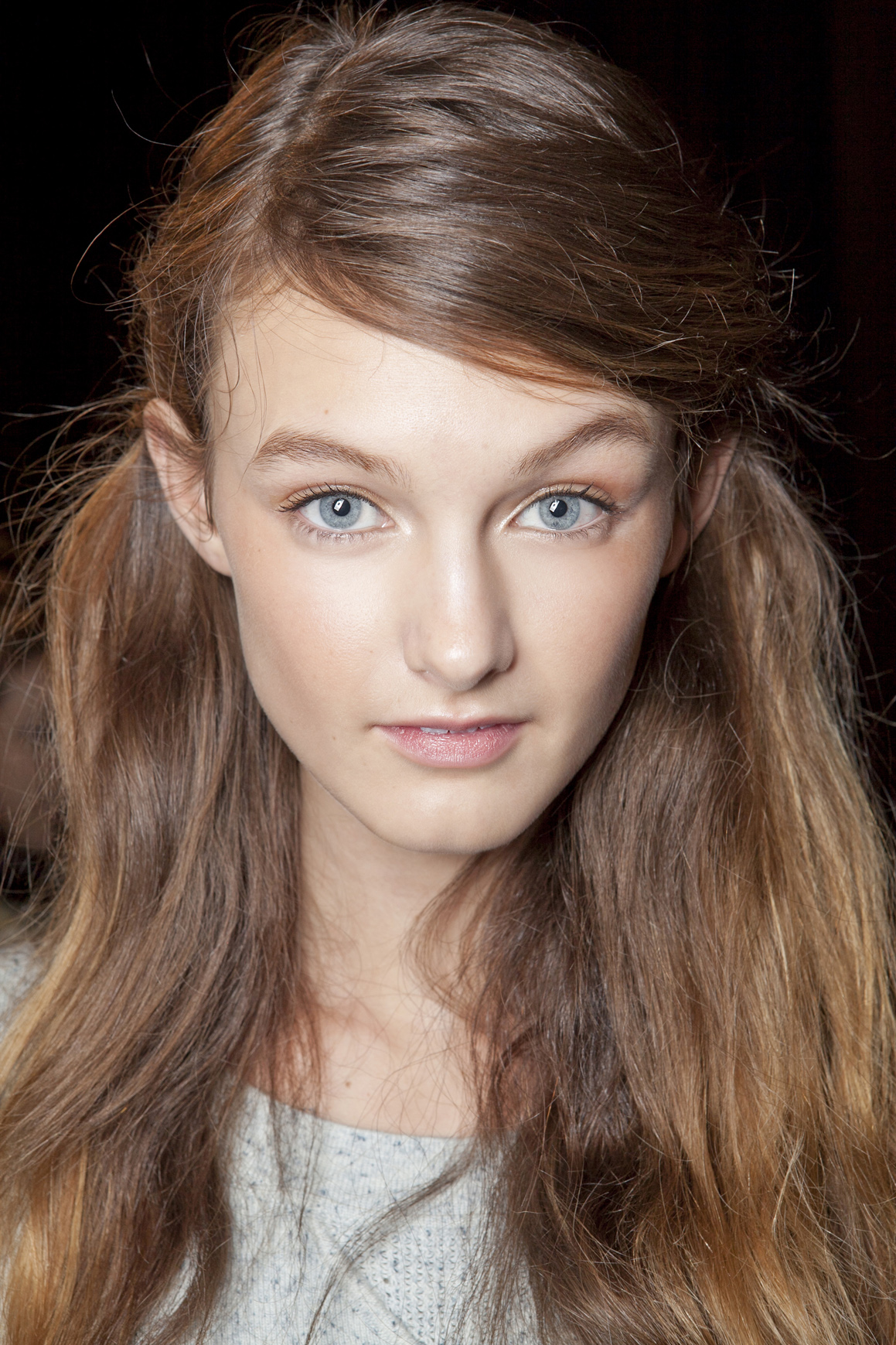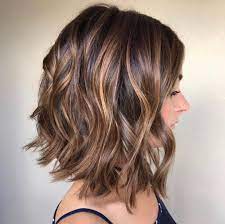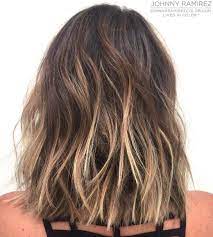
Healthy hair is thin, shiny, lustrous, and free of dandruff. It is also thick, has minimal breakage, and grows without becoming tangly or brittle. To maintain optimal hair health, it is recommended to cut it every three to seven weeks and use gentle shampoos and conditioners with nourishing ingredients. A balanced diet rich in proteins and essential fatty acids promotes healthy hair growth.
Scalp
The scalp is an integral component of healthy hair. Neglecting its care can lead to issues like an itchy scalp, dandruff, or even hair loss. The scalp has its own bacteria and fungi ecosystem that is vital in maintaining healthy hair growth. Keeping this balance is crucial. To ensure a healthy scalp, avoid products with harsh ingredients such as sulfates and consider using an Honey Infused Scalp Treatment before shampooing.
hair Follicles
Hair follicles are responsible for producing hair and determining its color and type. They are found within the epidermal layer of the skin and receive nutrients from surrounding blood arteries. The quantity of melanin pigment in the follicles determines hair color. hair follicles undergo three growth phases—anagen, catagen, and telogen—to replenish healthy follicles over time.
Hair Texture
Hair texture refers to how the strands bend and curl. Genetics, age, stress levels, and medical issues can influence hair texture. Consulting with a doctor is recommended to address any changes in hormone levels that may affect hair texture, especially during pregnancy or menopause. Hair texture can be evaluated by comparing a strand of hair to a sewing thread.
Hair Color
Hair color can indicate overall health. Dull or lifeless dyed hair may indicate low levels of vitamins A and C or an iron deficiency, which contributes to dryness and loss of volume. It is essential to avoid chemical hair dyes that contain toxic substances like PPD (p-phenylenediamine) as they have been linked to various health issues. Opting for natural henna or conducting a patch test before using any color product can help prevent irritation and allergic reactions.
Hair Health
Both scalp and body health influence the health of your hair. Unhealthy hair may indicate a deficiency in your diet’s vitamins, minerals, or nutrients. Healthy hair should be free from dryness and breakage and display shine without tangles or frizz. Improve hair health by incorporating more fruits, vegetables, protein, and water into your diet. Supplements like B6, C, or folic acid may also be beneficial.

